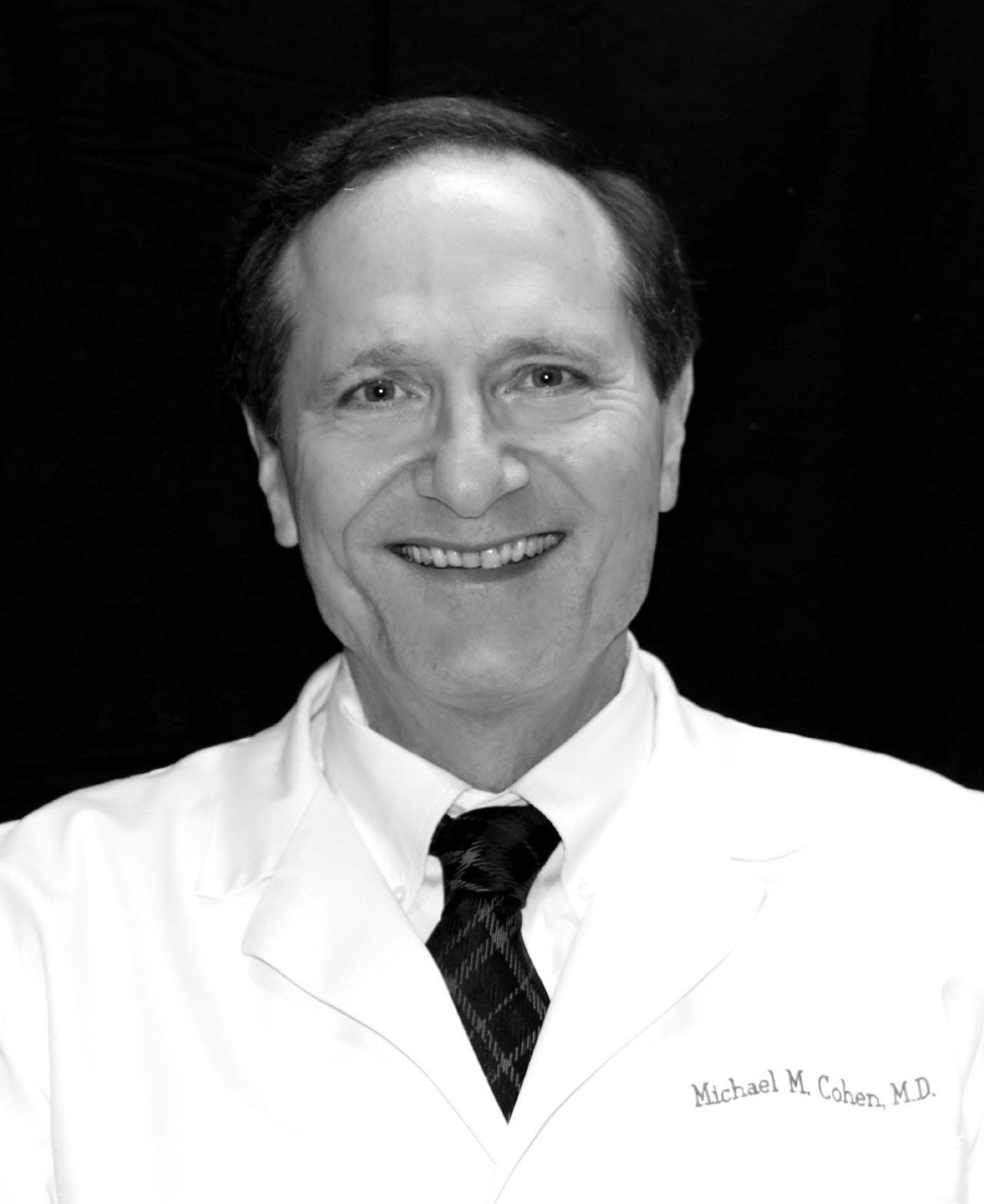Michael Martin Cohen, M.D.
The first time I experienced seasickness I wanted to die! But let me start at the beginning. In 1974 I moved to Boston with my wife to begin my neurology training. We decided on a lark to enroll in an introductory sailing course on the Charles River and we continued to sail the Charles River after work and on weekends.
After completing my training, I returned home to begin the practice of neurology in Philadelphia. I decided to take a navigation course out of Annapolis, Maryland. We left the dock and headed south out of Annapolis directly into a squall. It was then that I experienced my first and worst attack of seasickness. After missing most of a full day, I recovered enough to participate; but on returning home, I realized how little I understood about seasickness. Like a young, eager physician, I researched the topic, realizing that it was a brain problem. I presented the topic of seasickness at our hospital neurology grand rounds. It was well received, and I summarized the information in an article for Yachting Magazine, published in 1981. After completing the magazine article, it became apparent that seasickness was but one of the conditions with which sailors should be more familiar. Out of that research came the first edition of this book entitled “Dr. Cohen's Healthy Sailor Book.”
I spent much of the 1980s and 90s sailing and racing keelboats in the Chesapeake. It was during this period of racing that I incurred my second neurologic “event”. During a downwind leg of a sailboat race, I sustained a concussion when I was struck in the head during an accidental gybe.
As my racing days declined (having nothing to do with my head injury!), my wife and I — often with friends —chartered sailboats in the Chesapeake, New England, and the Caribbean. Also, in the early 1980s, two Maine physicians and I formed a company which we called “Health On the Water.” We presented medical / first aid seminars along the East Coast from Maine to Florida.
Throughout this period, I practiced clinical neurology. For 18 years I was Chief of Neurology at the Philadelphia Veterans Affairs Medical Center and subsequently established a private practice (still going) and raised a family. About five years ago I decided to revisit the topics in the original book and discovered that much had changed. [When I began my career in neurology, we didn’t even have CT scans!] There had been an explosion in information and although much of that information affected the health and performance of boaters and sailors, very little of it reached the nautical community. And at the same time the relationship that one used to have with a primary care provider was changing as well. So, there was more and more information but fewer people with the time to even discuss it. Coaches and trainers filled the void as much as they could but only for those in team sports. Otherwise boaters and sailors were on their own.
Previously Published as
Dr. Cohen’s Healthy Sailor Book
Dr. Michael Martin Cohen’s book was originally published in 1983 by the International Marine Publishing Company as Dr. Cohen’s Healthy Sailor Book.



